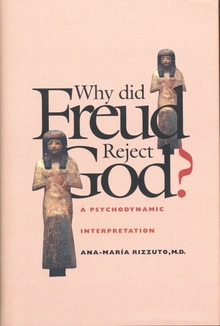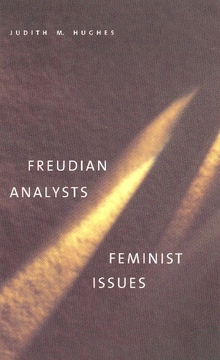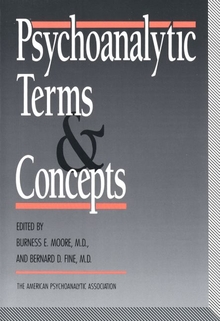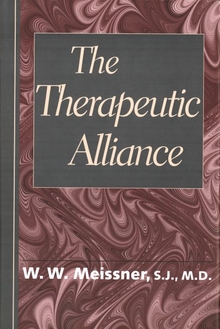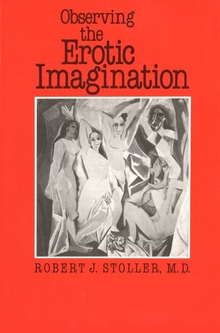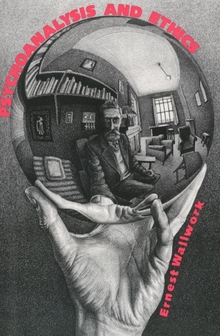Why Did Freud Reject God?
WARNING
You are viewing an older version of the Yalebooks website. Please visit out new website with more updated information and a better user experience: https://www.yalebooks.com
A Psychodynamic Interpretation
The book traces significant aspects of Freud’s relationship with his father and mother, his childhood nanny, and other relatives and outlines his religious evolution from somewhat conventional beliefs as a young boy to adult unbelief. Dr. Rizzuto presents significant new details about the Philippson Bible—a copy of which Freud’s father presented to Sigmund on his thirty-fifth birthday—and shows how the illustrations in that edition related to Freud’s passion for collecting antiquities. The book brings to light critical aspects of Freud’s early and late object relations and their lasting impact on his rejection of God.
“Dr. Rizzuto offers us a compelling book and a convincing outline of what it was in Freud’s development that provided the foundation of his stand on religion.”—Stanley A. Leavy, M.D., author of The Psychoanalytic Dialogue and In the Image of God
"A nice turning of the tables. Rizzuto writes lucidly, without jargon; her book is a scholarly detective story. It will be of interest to any reader who seeks a greater understanding of Freud’s theory of religion, quite apart from the question of Freud’s own psychological development from childhood piety to programmatic atheism."—Books & Culture
"Rich and fascinating material."—Choice
“One of the most fascinating accounts of Freud’s life I have read in quite some time.”—Daniel Liechty, Journal of Religion and Health
“Rizzuto continues the examination of linkages between religion and psychoanalysis begun in her book, The Birth of the Living God. As before, Rizzuto draws on her clinical expertise, providing interpretations rooted in classic psychoanalysis and newer views emphasizing pre-Oedipal matters as well as early and late object relations.”—Susan E. Henking, Religious Studies Review
“This is undoubtedly a magisterial study of Freud’s personal development and the emergence of his position on religion. It is therefore recommended not only to specialists in the field, but to readers more generally interested in psychoanalytic readings of culture and religion.”—Maren Niehoff, Studies in Contemporary Jewry
"Nowhere have I found such a detailed and thorough account of Freud’s family background and his relationships with his parents—both the devout, learned and ineffectual father, and the domineering, demanding and narcissistically frustrated mother. . . . For anyone interested in psychoanalysis and religion, particularly the religious view of the founder of psychoanalysis, this is a ’must read.’"—W.W. Meissner, Theological Studies
Publication Date: October 11, 1998
57 b/w illus.

